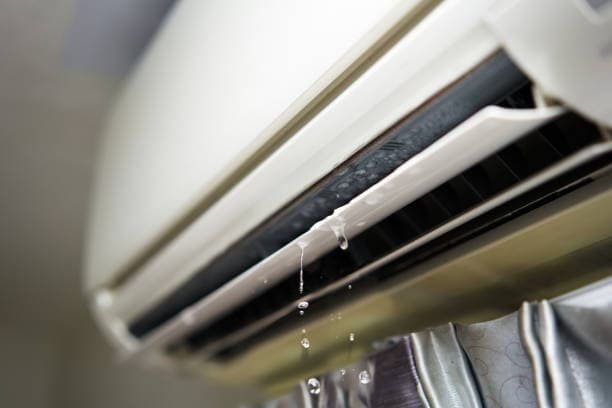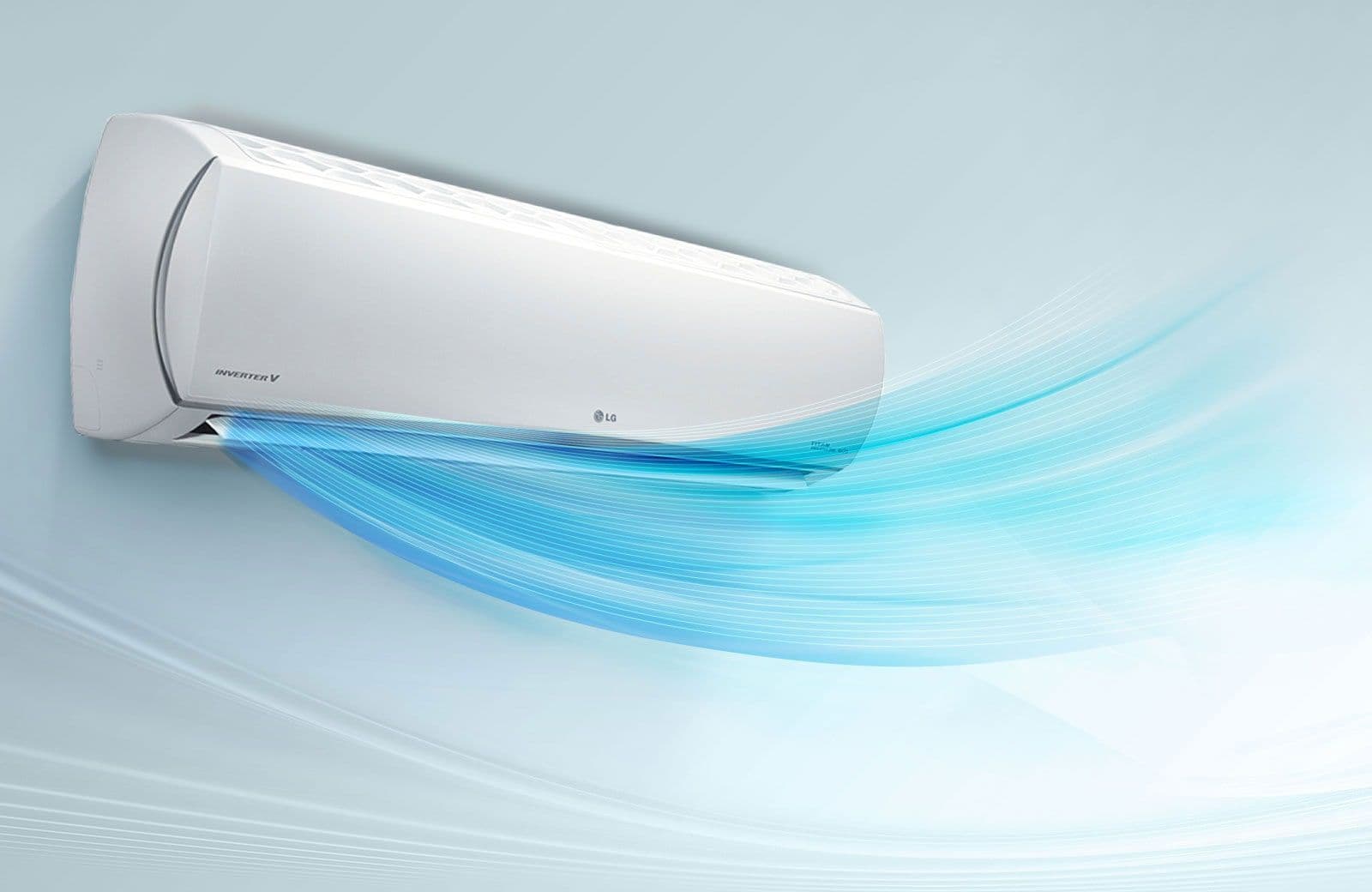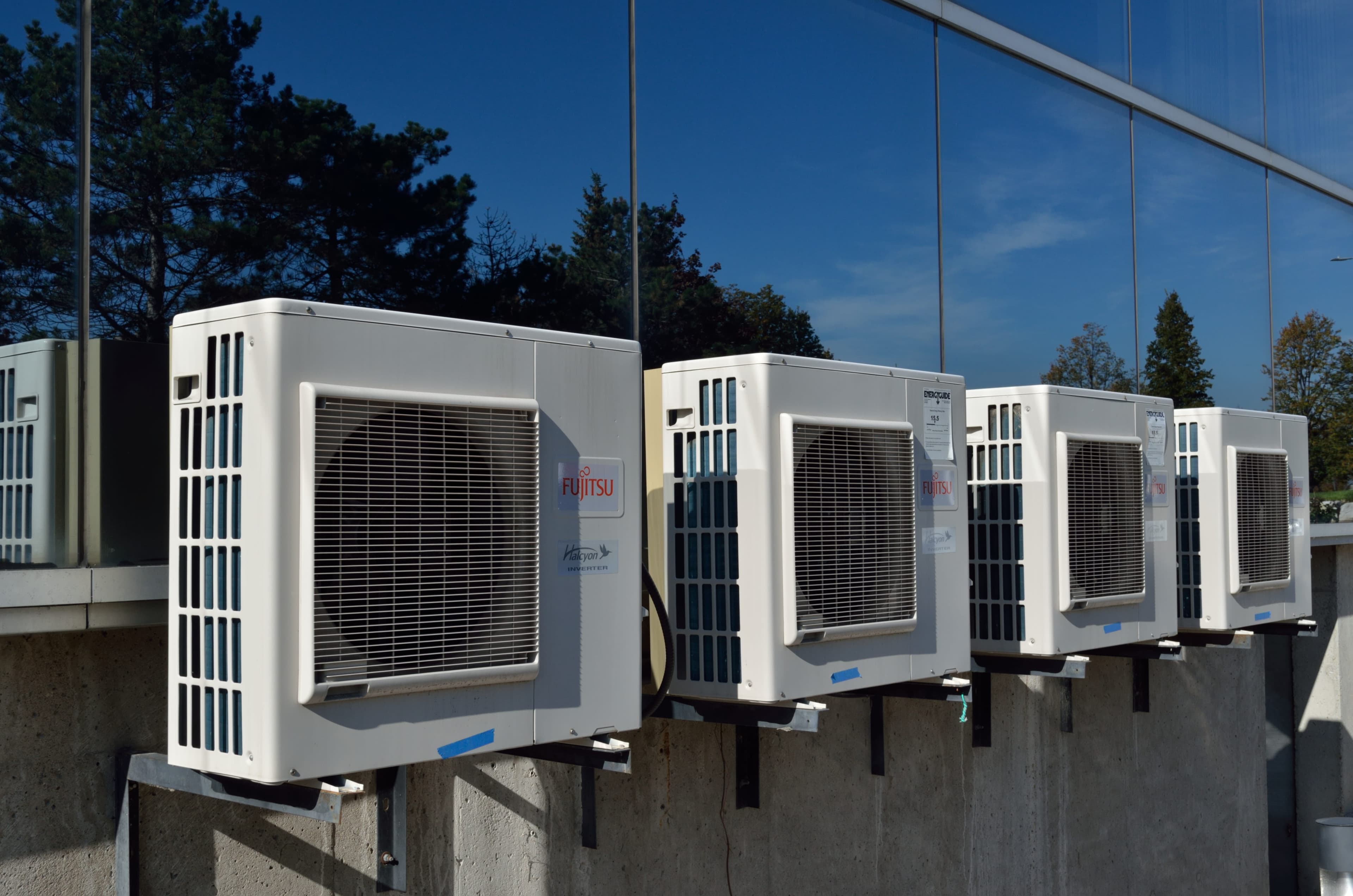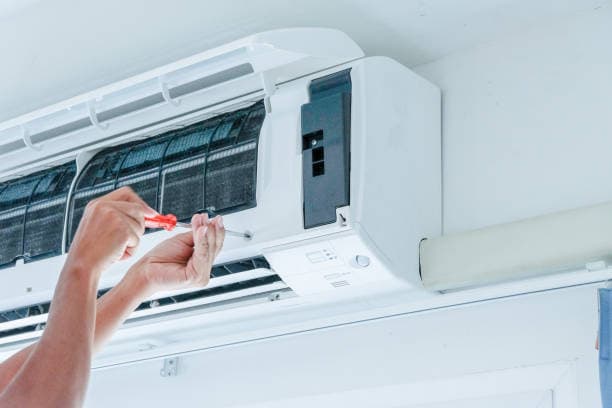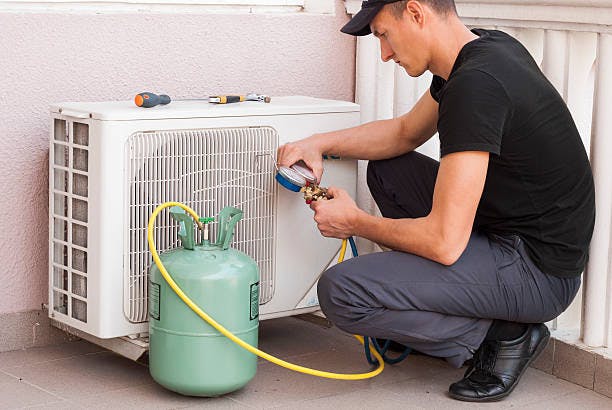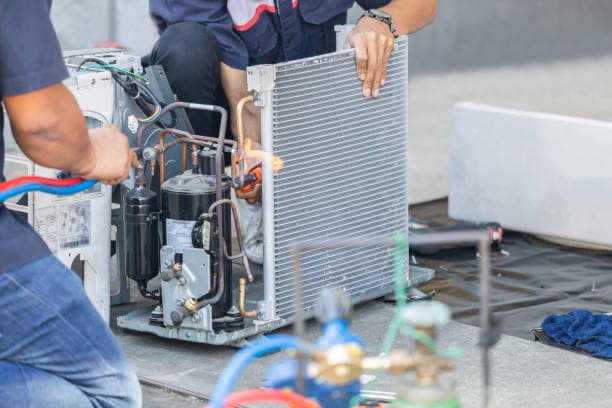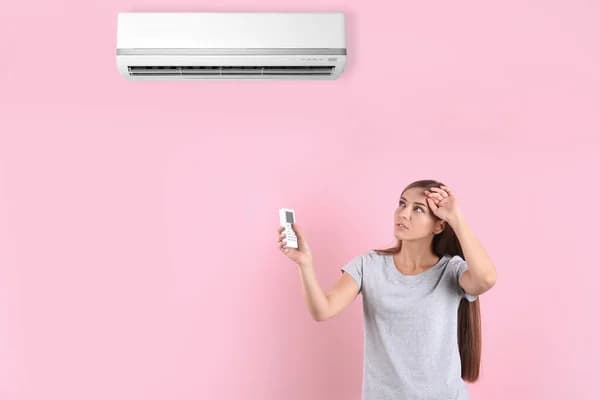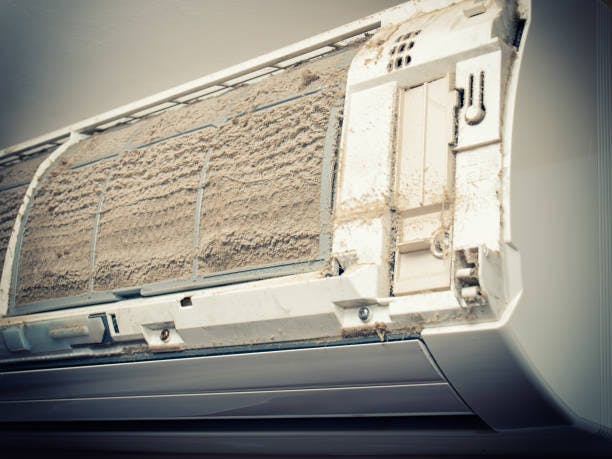It’s always a nice feeling walking into a shopping mall on a hot, humid day in Singapore. Where you’re immediately greeted with a refreshing blast of cool air. But, have you ever wondered how those massive aircon systems work to keep these expansive spaces comfortable for shoppers and tenants alike?
Well, we have, and we’ve taken it upon ourselves to uncover the machine secrets behind how aircon systems operate in shopping malls.
Centralized Cooling Systems
For the uninformed, most malls utilize centralized aircon systems, also known as HVAC (Heating, Ventilation, and Aircon) systems. These systems consist of a network of ducts, vents, and cooling units strategically installed throughout the mall to provide uniform cooling and ventilation
Chiller Plants
At the heart of the mall’s air conditioning infrastructure are chiller plants. Chiller plants house large chillers that are responsible for chilling water to a specified temperature. This chilled water is then circulated through pipes to various air handling units (AHUs) located throughout the mall.
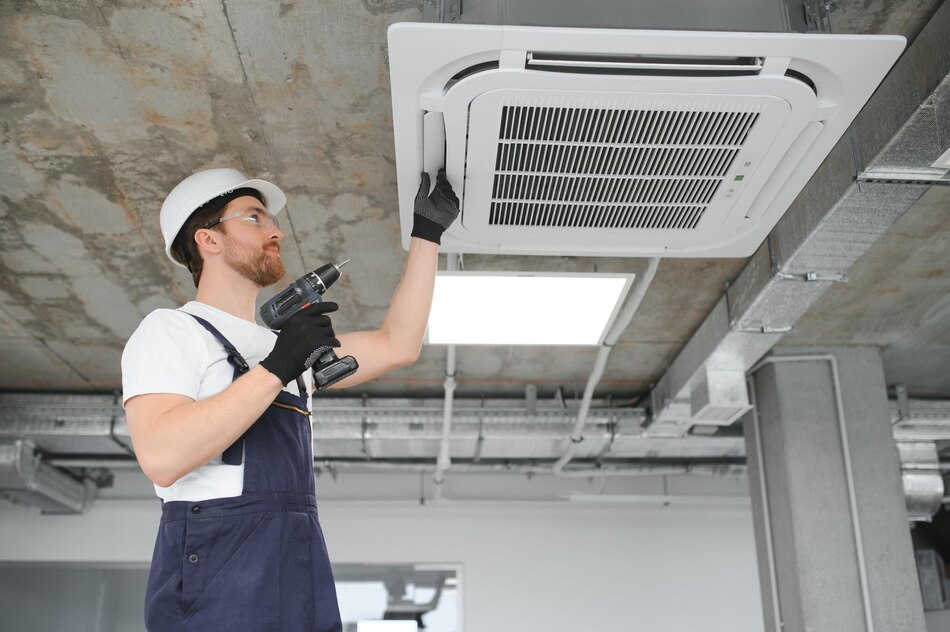
Air Handling Units (AHUs)
AHUs are usually stationed in different zones of the mall, typically on the rooftops or in designated mechanical rooms. These units contain fans that draw in warm air from the mall’s interior spaces. The chilled water from the chiller plant flows through coils within the AHUs, cooling the air as it passes over them. The cooled air is then distributed back into the mall through a network of ducts and vents.
Zone Control
To accommodate the diverse cooling needs of different areas within the mall, the HVAC system is equipped with zone control capabilities. This allows mall operators to adjust the temperature settings and airflow volume in specific zones or individual retail units based on occupancy levels, tenant requirements, and other factors.
Energy Efficiency Measures
In an effort to enhance energy efficiency and reduce operating costs, shopping mall aircon systems often incorporate advanced features such as variable frequency drives (VFDs). They then regulate the speed of chillers and fans based on demand. Additionally, modern HVAC systems may utilize economizer cycles to leverage outdoor air for cooling when ambient conditions permit, further optimizing energy consumption.
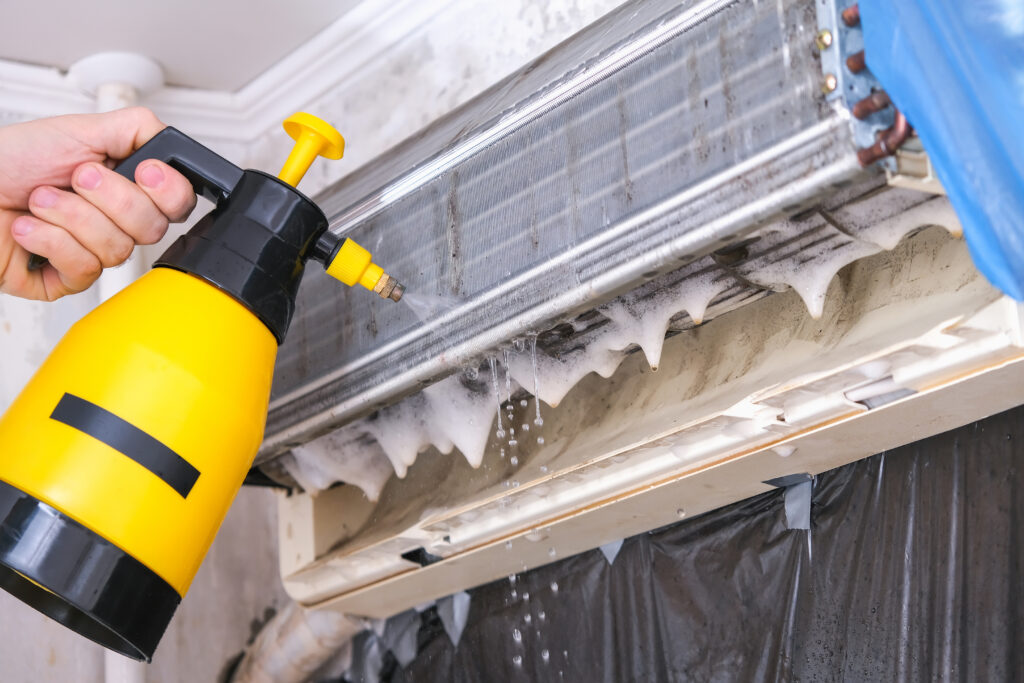
Regular Maintenance and Servicing
As with all kinds of aircon units, regular maintenance and servicing are essential to ensure their reliable operation and longevity. Shopping mall operators typically contract reliable aircon servicing companies in Singapore to perform routine inspections, cleaning, and repairs on HVAC equipment. Professional aircon servicing helps to identify and address potential issues before they escalate, minimizing downtime and ensuring optimal system performance.
Final Thoughts
Ultimately, the aircon systems in shopping malls employ sophisticated technology and engineering principles to deliver consistent cooling and ventilation to large, complex spaces.
From chiller plants and air handling units to zone control and energy efficiency measures, these systems are designed to create a comfortable and inviting environment for shoppers and tenants alike. By partnering with reputable aircon servicing companies in Singapore for regular maintenance and servicing, shopping mall operators can uphold the reliability and efficiency of their HVAC infrastructure, ensuring uninterrupted comfort for all who visit the mall.








